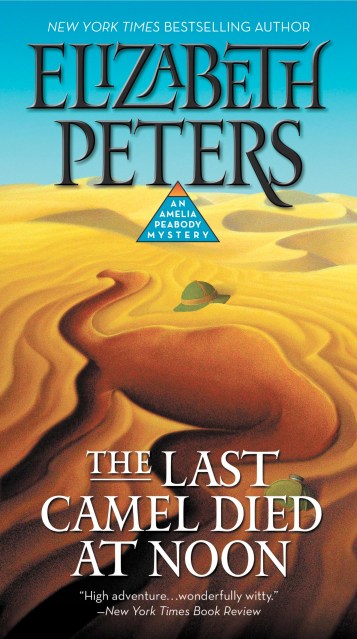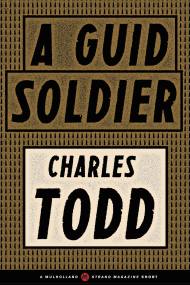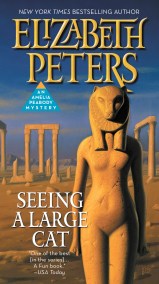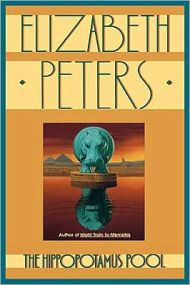Promotion
Use code MOM24 for 20% off site wide + free shipping over $45
The Last Camel Died at Noon
Contributors
Formats and Prices
Price
$10.00Price
$13.00 CADFormat
Format:
- Mass Market $10.00 $13.00 CAD
- ebook $9.99 $11.99 CAD
This item is a preorder. Your payment method will be charged immediately, and the product is expected to ship on or around May 28, 2013. This date is subject to change due to shipping delays beyond our control.
Also available from:
It’s true: the last camel is gone, leaving Amelia, Emerson and Ramses to bake under the desert sun in the winter of 1897. Armed with a mysterious note and map, they have been commissioned to locate a lost English aristocrat and his wife, who disappeared over a decade ago. In this tribute to H. Rider Haggard (King Solomon’s Mines), the family marches into the desert where survival depends on solving a mystery as old as Ancient Egypt, and where they meet a young girl, Nefret, who will join their family and change their lives forever.
Genre:
- On Sale
- May 28, 2013
- Page Count
- 512 pages
- Publisher
- Grand Central Publishing
- ISBN-13
- 9781455572373
Newsletter Signup
By clicking ‘Sign Up,’ I acknowledge that I have read and agree to Hachette Book Group’s Privacy Policy and Terms of Use












